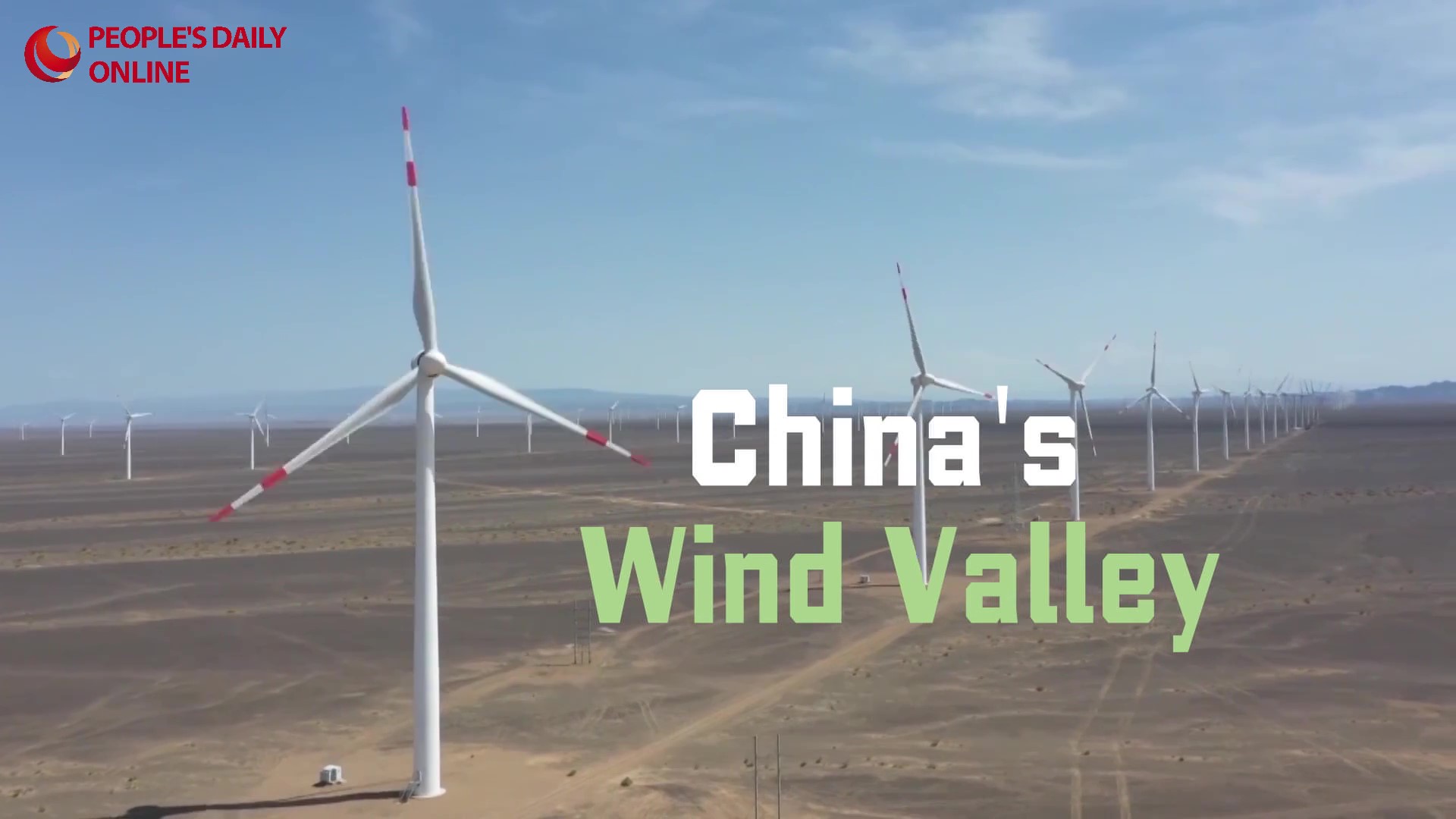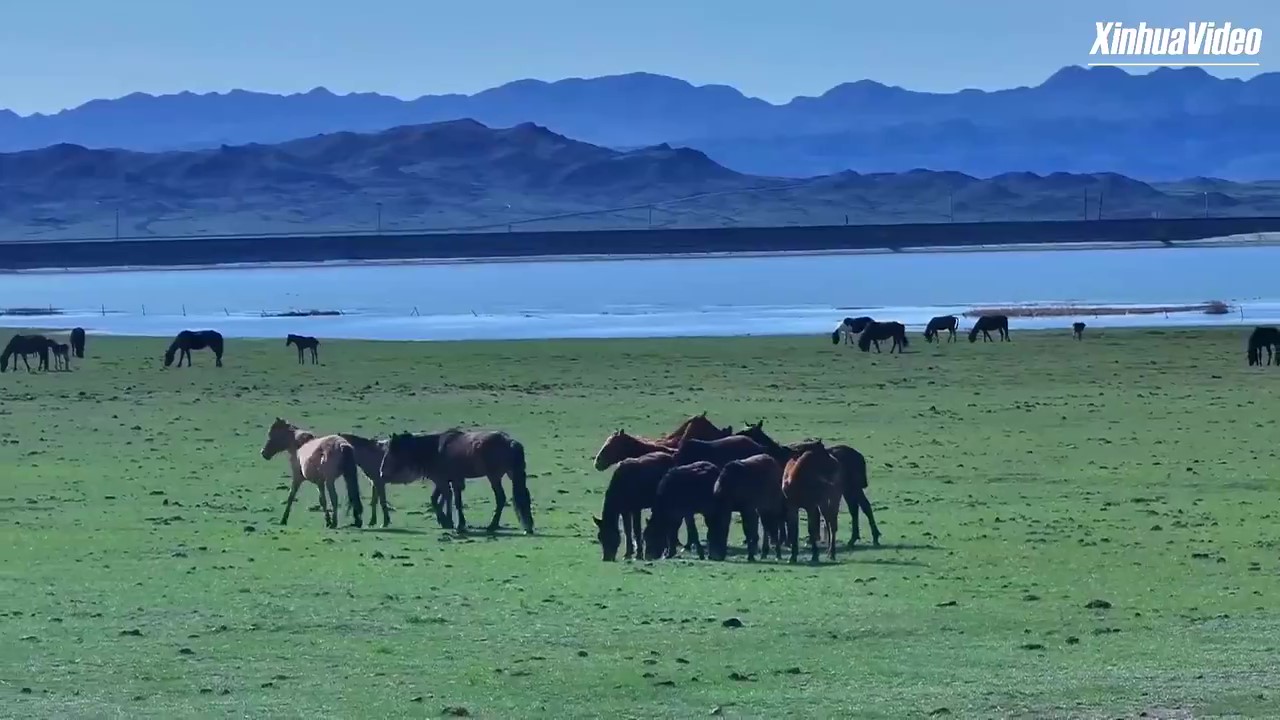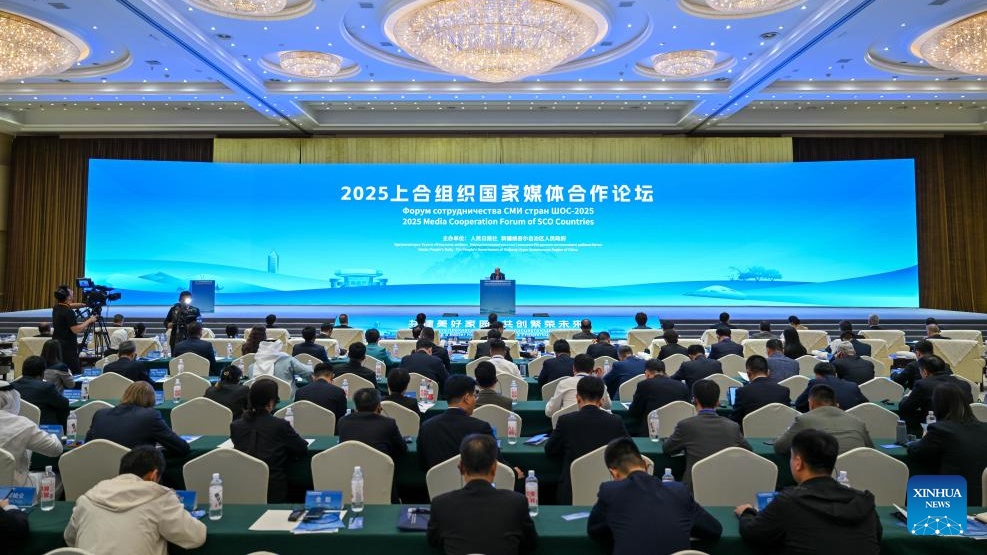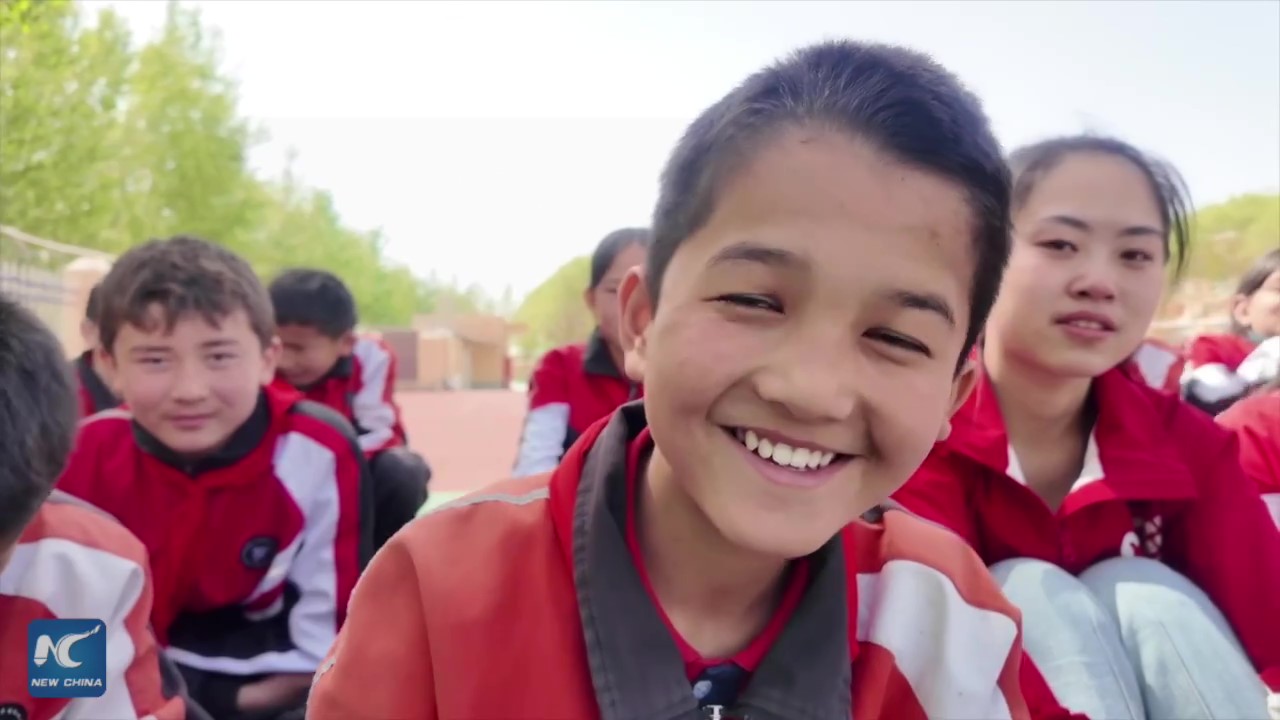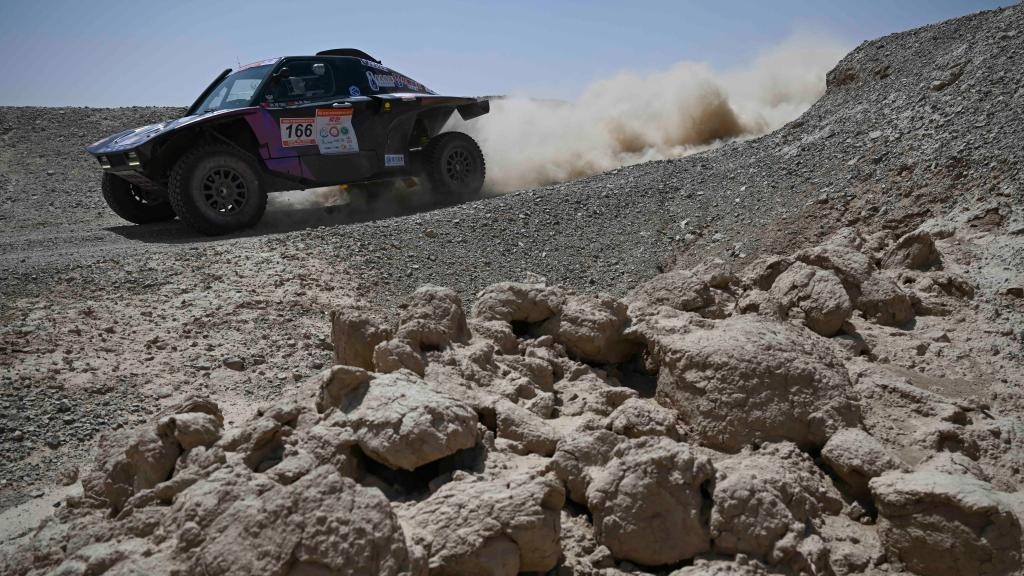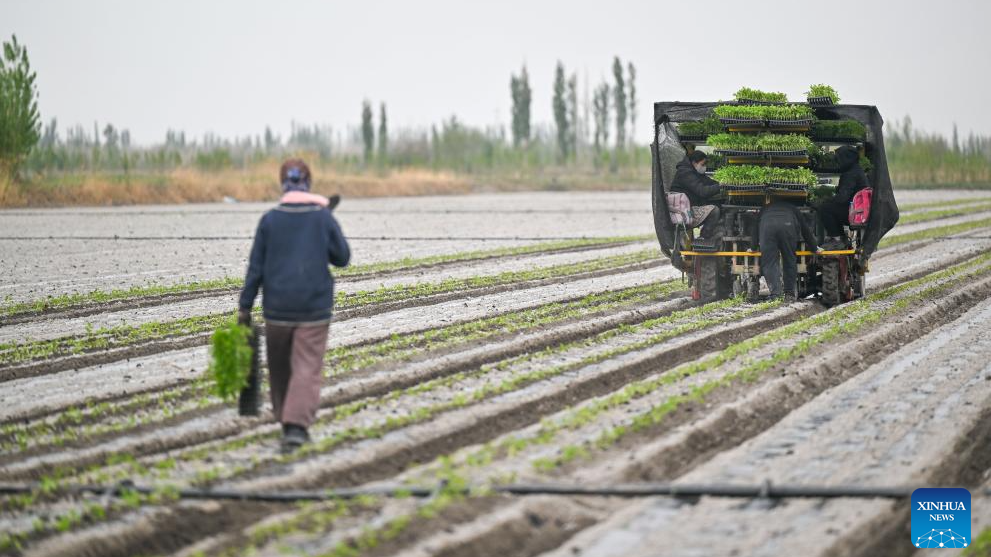by Mohammod Abu Shaikha
When China's Xinjiang Uygur Autonomous Region was subjected to rampant acts of sabotage, violence and extremism for decades till about eight years ago, some Western countries saw an opportunity to spread disinformation and destabilize the Chinese economy.
The extremists planned and carried out thousands of bombings, assassinations, poisonings, arson attacks and other violent crimes.
Western countries have misrepresented the treatment of Uygurs in the region. On a visit to Xinjiang in 2023, I attended an anti-extremism exhibition. No nation would shy away from addressing extremist forces.
Xinjiang is home to over 10 million Muslims belonging to the Uygur ethnic group. While there, we prayed in an ancient mosque. I observed Muslims leading joyful lives and experiencing the same freedoms as other Chinese citizens across the nation.
The roads are clean and wide, there are no traffic jams, and the road signs are written in three languages: Uygur, Chinese, and English. The Uygurs and various other ethnic minorities can engage in their cultural practices, traditions, and customs.
After 2016, the region began to recover from the disease that afflicted it and became safer day by day. It focused on development, with the government offering opportunities to anyone inclined to work and improve their living conditions. The government also established schools and education centers for Islamic studies throughout Xinjiang. These centers and religious institutions strive to provide clerics with accurate understandings of Islam, enabling them to teach Muslims more effectively.
Xinjiang has witnessed rapid transformation due to China's push for mega-development projects. It has become a vital hub on the Silk Road Economic Belt, connecting China with Southeast, South, and Central Asia and extending to Russia and Europe.
The Chinese government works around the clock to enhance the well-being of Xinjiang's residents and foster unity among all ethnic groups. Residents work in agriculture, industry, trade, and advanced technology, among other fields.
Xinjiang has become an investment hub for many foreign companies in various sectors, such as manufacturing, mining, leasing, business services, software, information technology, finance, agriculture, retail and wholesale industry.
Security and safety, in addition to the region's natural resources, such as oil, gas, and coal, plays a significant role in attracting investment.
China's relations with the Arab world are another shining point. The People's Republic of China seeks not to interfere in the affairs of any Arab country but instead provides humanitarian and logistical assistance and promotes joint cooperation. All Arab countries have signed cooperation documents with China on the Belt and Road Initiative.
Arab countries want good relations with all countries based on win-win outcomes and desire relations free of hegemonic intent.
Xinjiang has come a long way, from a region hit by extremism to a thriving hub of development. The government's focus on unity and opportunity has dramatically changed the region. Xinjiang's progress also strengthens China's ties with the Arab world, promoting collaboration and mutual benefit.
Editor's note: Mohammod Abu Shaikha is the editor-in-chief of Al-Hayat newspaper in Jordan.
The views expressed in this article are those of the author's and do not necessarily reflect the positions of Xinhua News Agency.

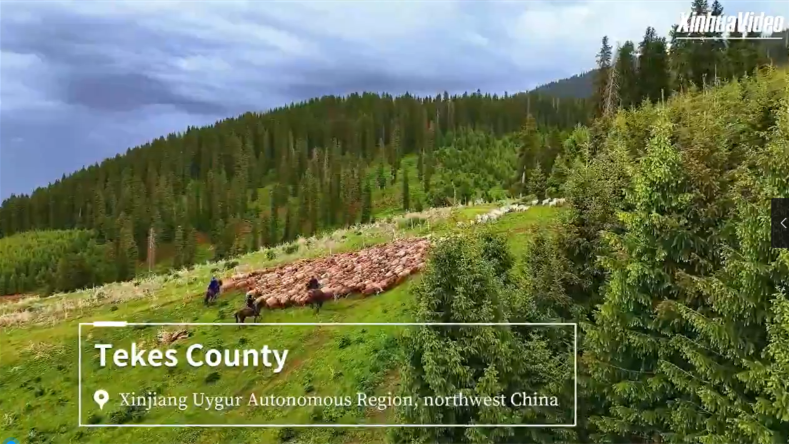
.png)
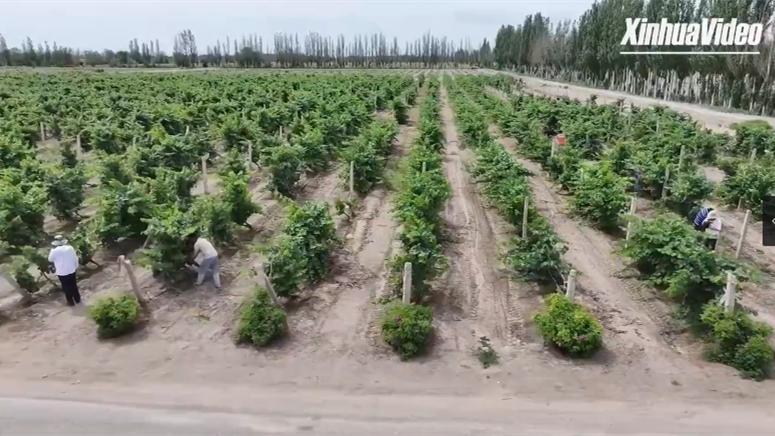
.png)

.png)


